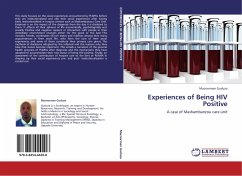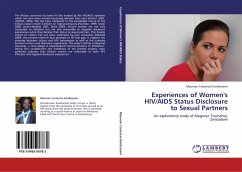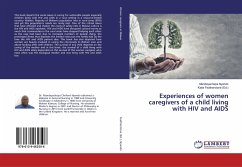This study focuses on the social experiences encountered by PLWHA before they are institutionalized and also their social experiences after having been institutionalized in hospice centers such as Mashambanzou Care Unit. Emphasis is on the impact of the diagnosis from the day it is disclosed to them. It affects all their spheres of life economically, psychologically and socially. Positive and negative rapport or interaction with people in their immediate environment changes either for the good or the bad. This includes friends, workmates church mates and relatives among their many acquaintances in their social life, who form the core of their social experiences and some of them constitute their primary care givers. The methods of disclosure adopted by the infected and the reasons why they take that stance become important. This entails a narration of the general health progress of PLWHA after diagnosis and the mechanisms they have adopted to accommodate their new status of being HIV positive. Finally, an assessment of the contribution of hospice care to the lives of PLWHA in shaping up their social experiences pre- and post- institutionalization is carried out.
Bitte wählen Sie Ihr Anliegen aus.
Rechnungen
Retourenschein anfordern
Bestellstatus
Storno








